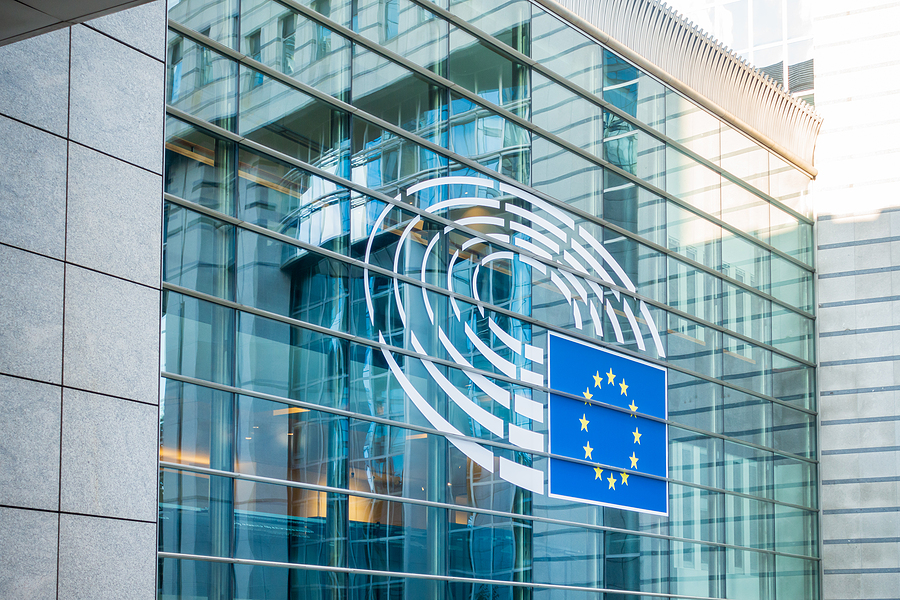

On September 16th 2021, the European Commission published its legislative proposal for the establishment of the European Health Emergency Response and Preparedness Authority (HERA), which will aim at increasing the EU’s biopreparedness.
Defining HERA as a “missing block in the overall architecture of our European Health Union,” Commission Vice President Margaritis Schinas pointed out that the entire health package aimed at reinforcing the EU’s health agencies, namely the European Medicines Agency and the European Centre for Disease Prevention and Control, as well as ensuring that the EU has the right tools to act during an emergency.
Talking about the beginning of the COVID-19 pandemic, Health Commissioner Stella Kyriakides said, “Had we had HERA at that time, our preparedness and crisis response could have been significantly different.” HERA could have seen the pandemic coming, activated research, mapped out the medical goods the bloc needed, and supported the development and production of coronavirus vaccines, she explained, adding “To say it clearly, we needed HERA yesterday.”
With a budget of €6 billion for the period 2022-2027, this new Authority will focus on six main tasks.
First, it will take care of assessing health threats. To do so, disease modelling during epidemics will be carried out, an annual report on preparedness will be presented and the COVID-19 European data platform will be further developed.
Second, it will promote advanced research and development of medical countermeasures and related technologies. HERA should enable the harmonization of medical research between Member States, through the creation of an agenda to coordinate R&D and a joint platform with the EMA for clinical trials and data platforms.
Third, it will address market challenges and EU autonomy: €120 million will be allocated to the EU FAB project, which aims to create a network of emergency production capacities by early 2022. HERA will also map supply chains that can be ramped up in case of emergency and identify bottlenecks.
Fourth, it will enable swift procurement and distribution of medical countermeasures and fifth, it will help increasing stockpiling capacity of medical countermeasures.
As a final point, HERA aims to strengthen knowledge and skills in preparedness and response related to medical countermeasures. It will also aim to increase knowledge of epidemics and train on crisis preparedness.
The Authority will operate differently depending on whether the EU is in a state of preparedness or crisis. The latter will be activated when the EU declares a public health emergency which will allow the activation of an emergency framework by the Council. A crisis committee consisting of the European Commission and one representative per Member State will then be set up to coordinate the measures taken.
